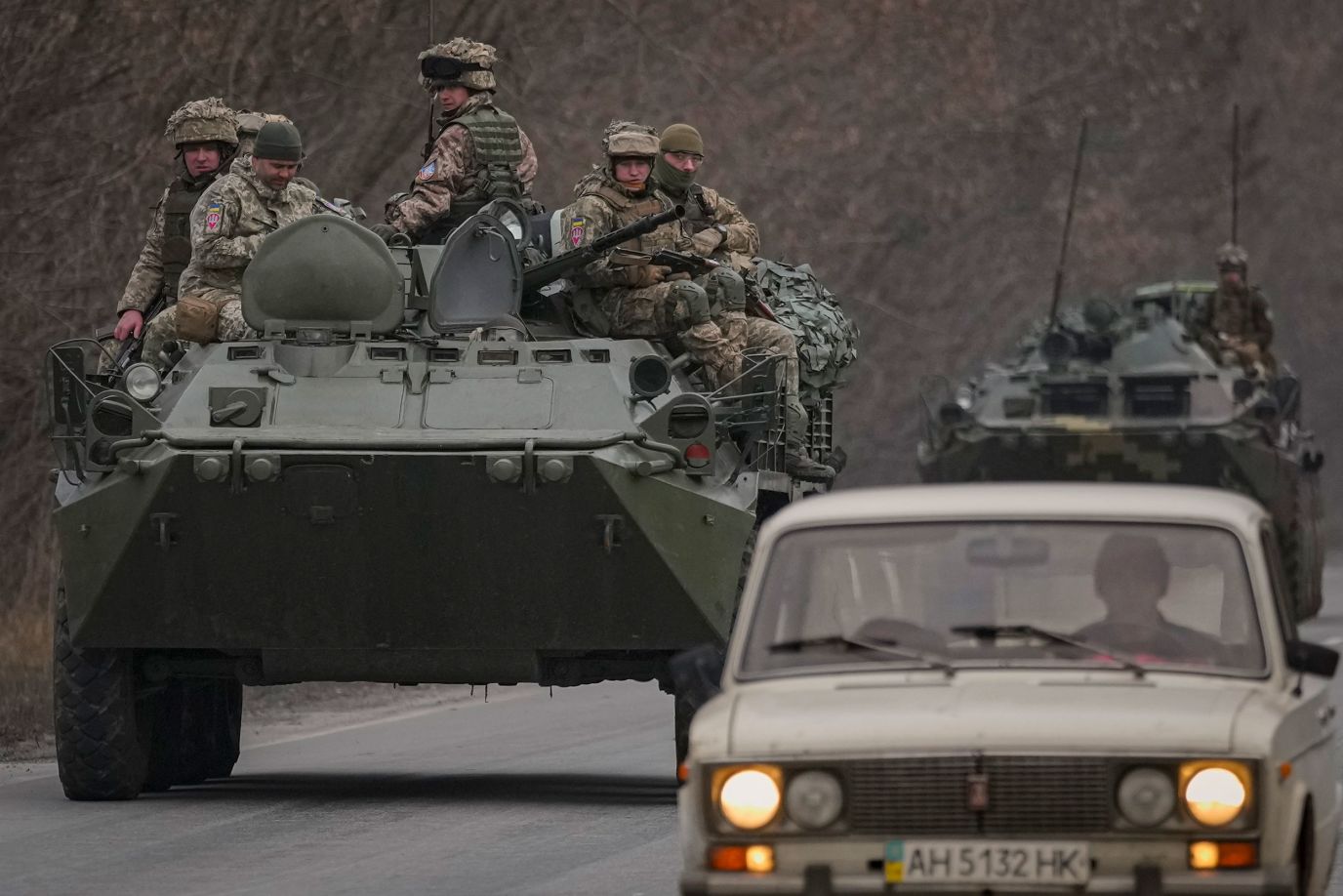Russia’s invasion of Ukraine began in the early hours of February 24, 2022. Its first signs were the emergence of tanks on the horizon, storming towards the border. Soon after, rockets rained down on Ukraine’s cities.
In a chilling speech that morning steeped in innuendo and false pretences, Russian President Vladimir Putin announced what he called a “special military operation.”
The address included a threat that anyone “who may be tempted to intervene” in the deadly and illegal attack on Ukraine would face “such consequences as you have never experienced in your history.”
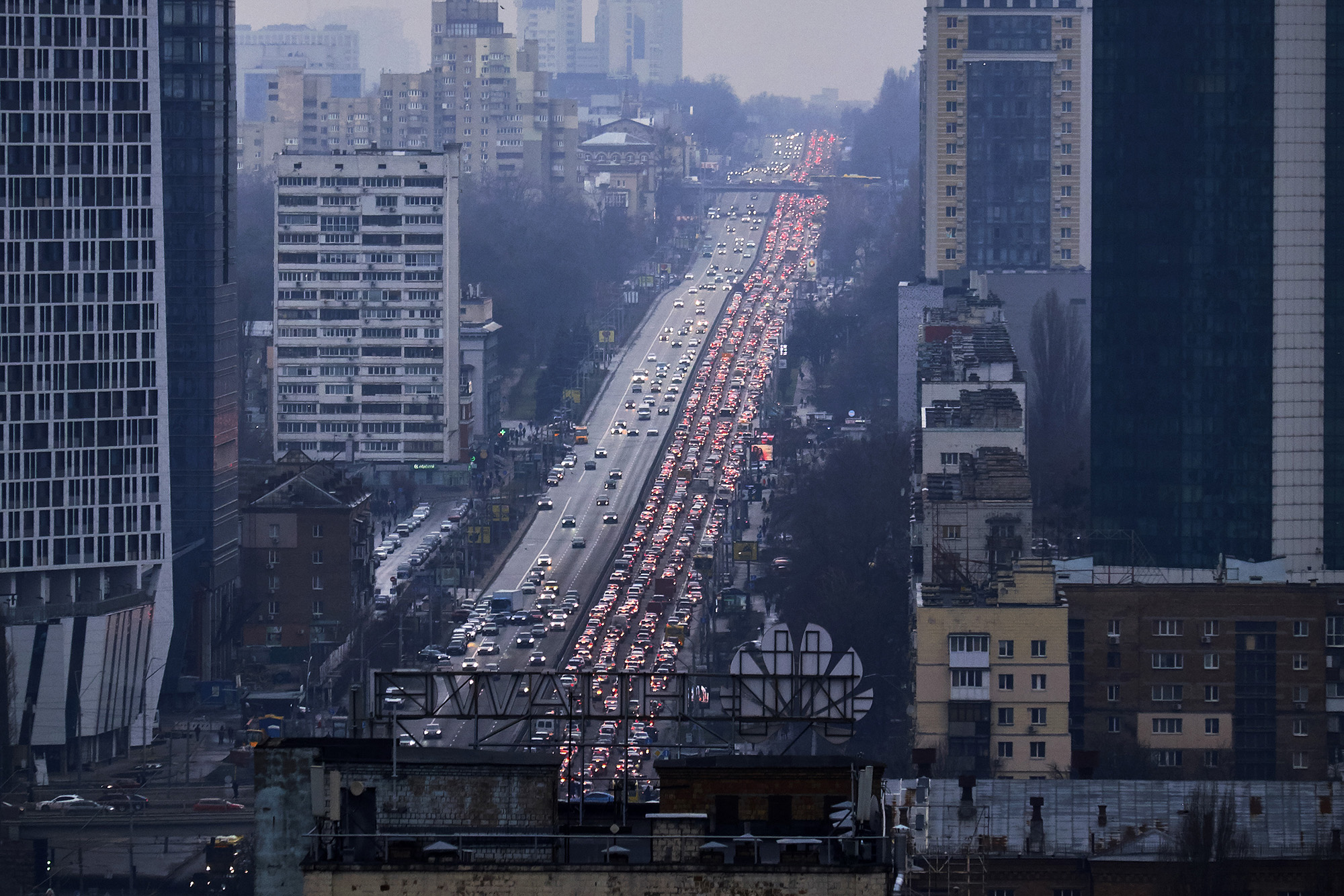
That morning, it seemed to the Kremlin and to many observers around the world that the invasion would be complete in weeks, if not days, given Russia’s supposed military might.
Millions of women and children bolted to Ukraine’s western borders, seeking safety further into Europe, while Kyiv ordered Ukrainian men to stay in the country.
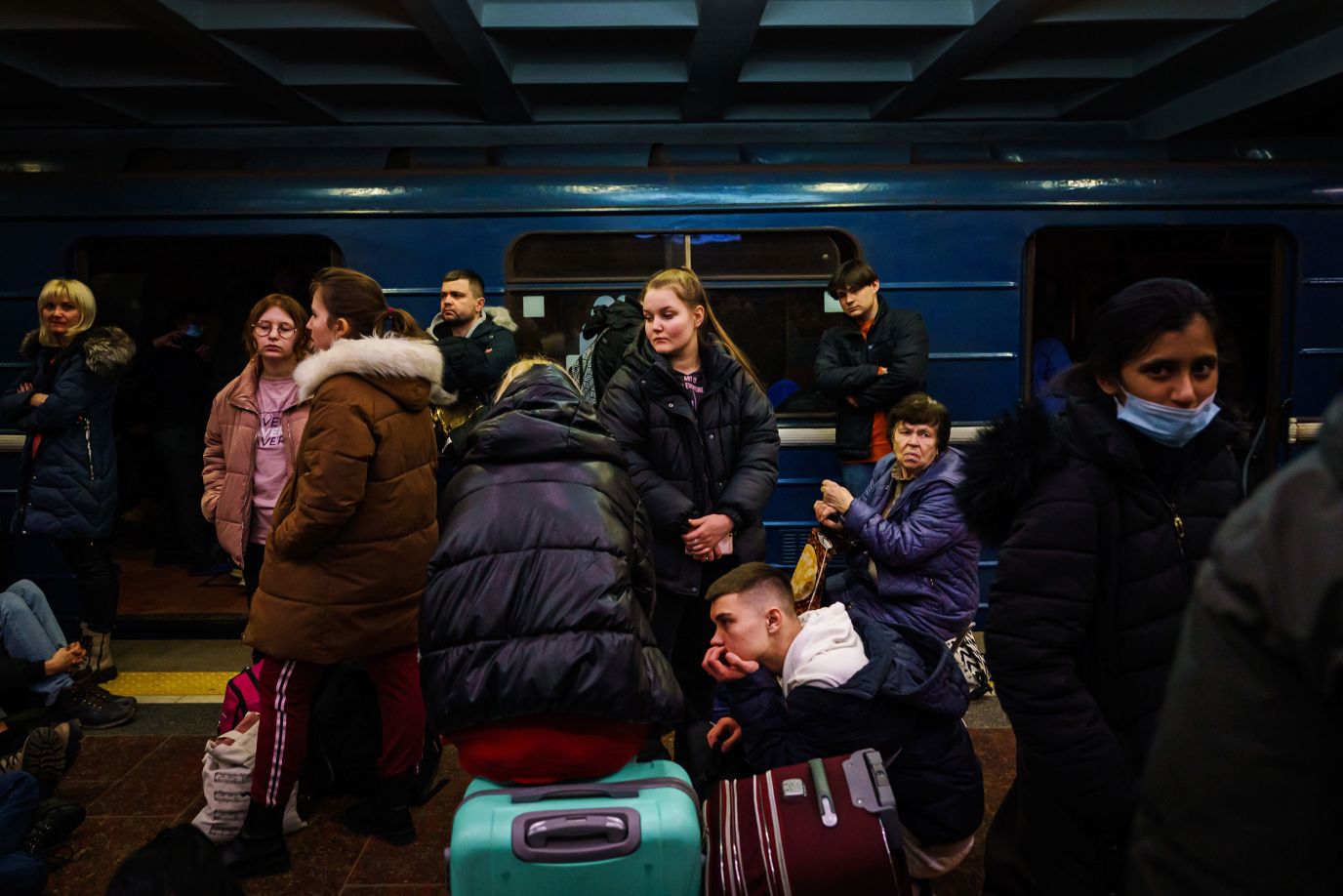
Roads and train stations were clogged with residents who had frantically packed bags and left their homes, where moments earlier they had been woken by missile fire and air raid sirens.
It often took many days to get to the borders. When they did, they faced lengthy lines. Eventually, thousands of Ukrainians arrived in Poland, Hungary, Slovakia, Romania or Moldova, in relative safety at last.
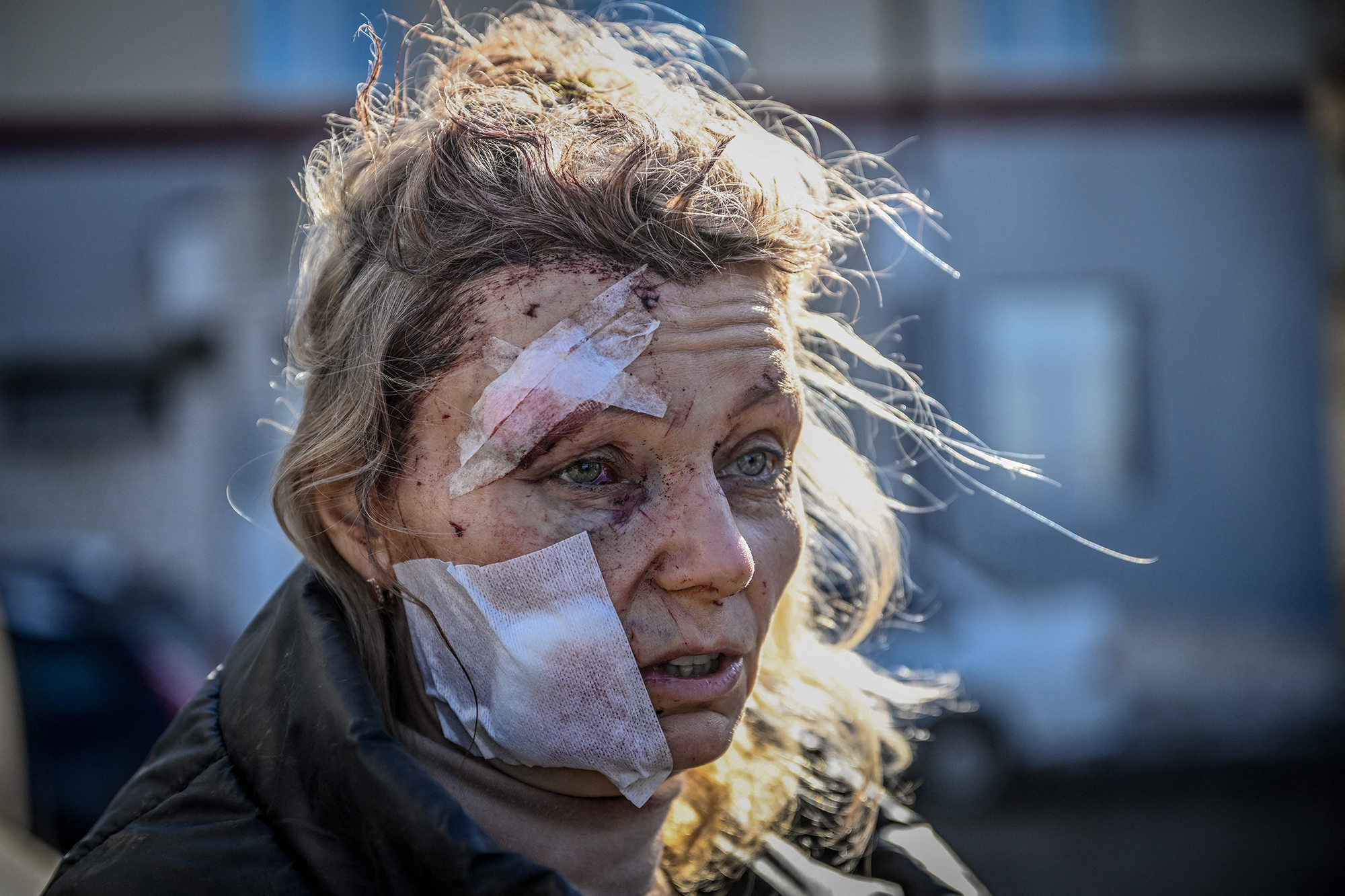
But for those who could or would not leave, February 24 was a day of terror and bloodshed.
Russian missile strikes destroyed homes, killed dozens and left many with physical and mental scars.
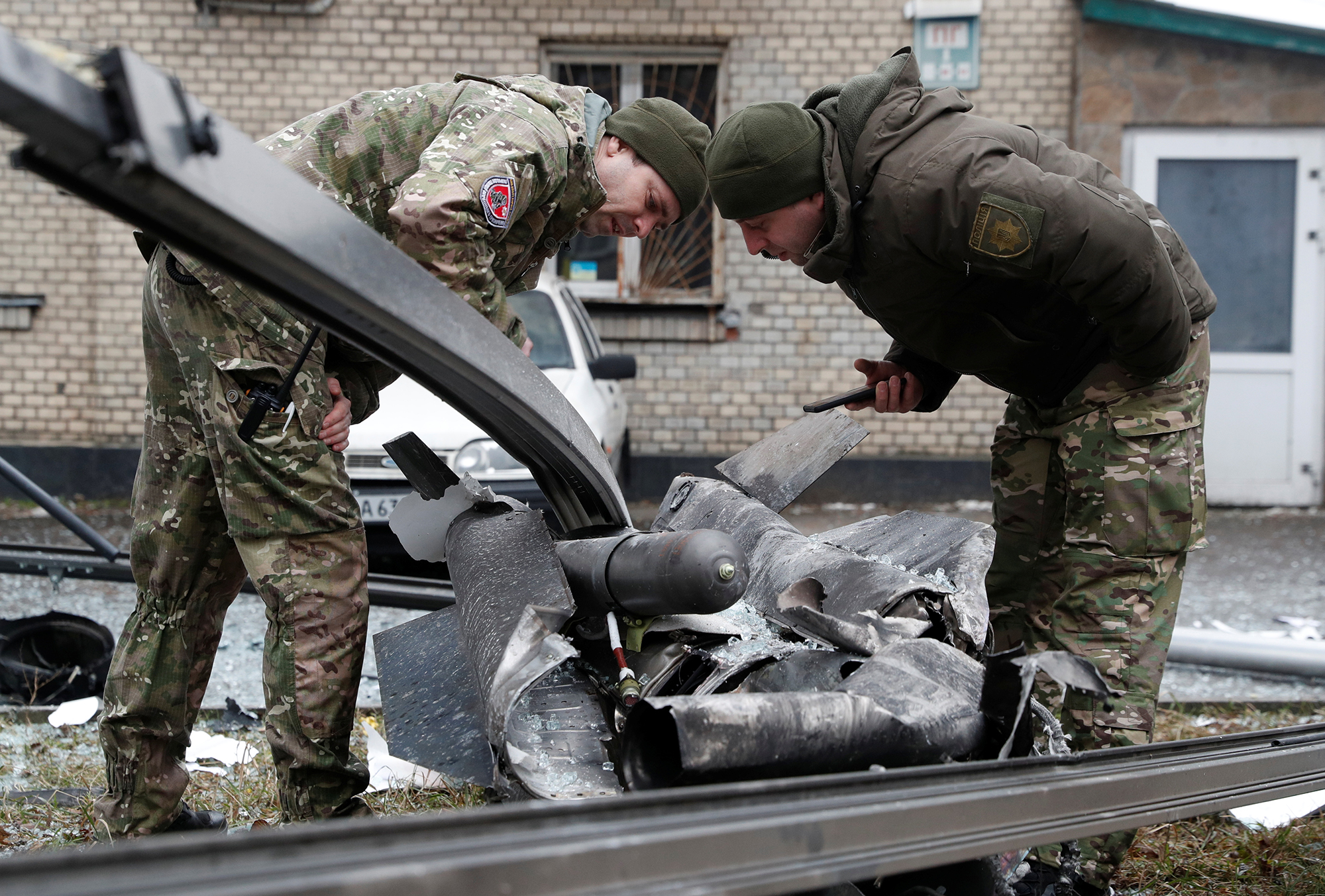
The missiles seemingly fell everywhere — in the capital Kyiv, on which Moscow’s forces invading from the north had set their sights; in western cities such as Lviv, hundreds of miles from the Russian border; and in towns and urban areas throughout Ukraine.
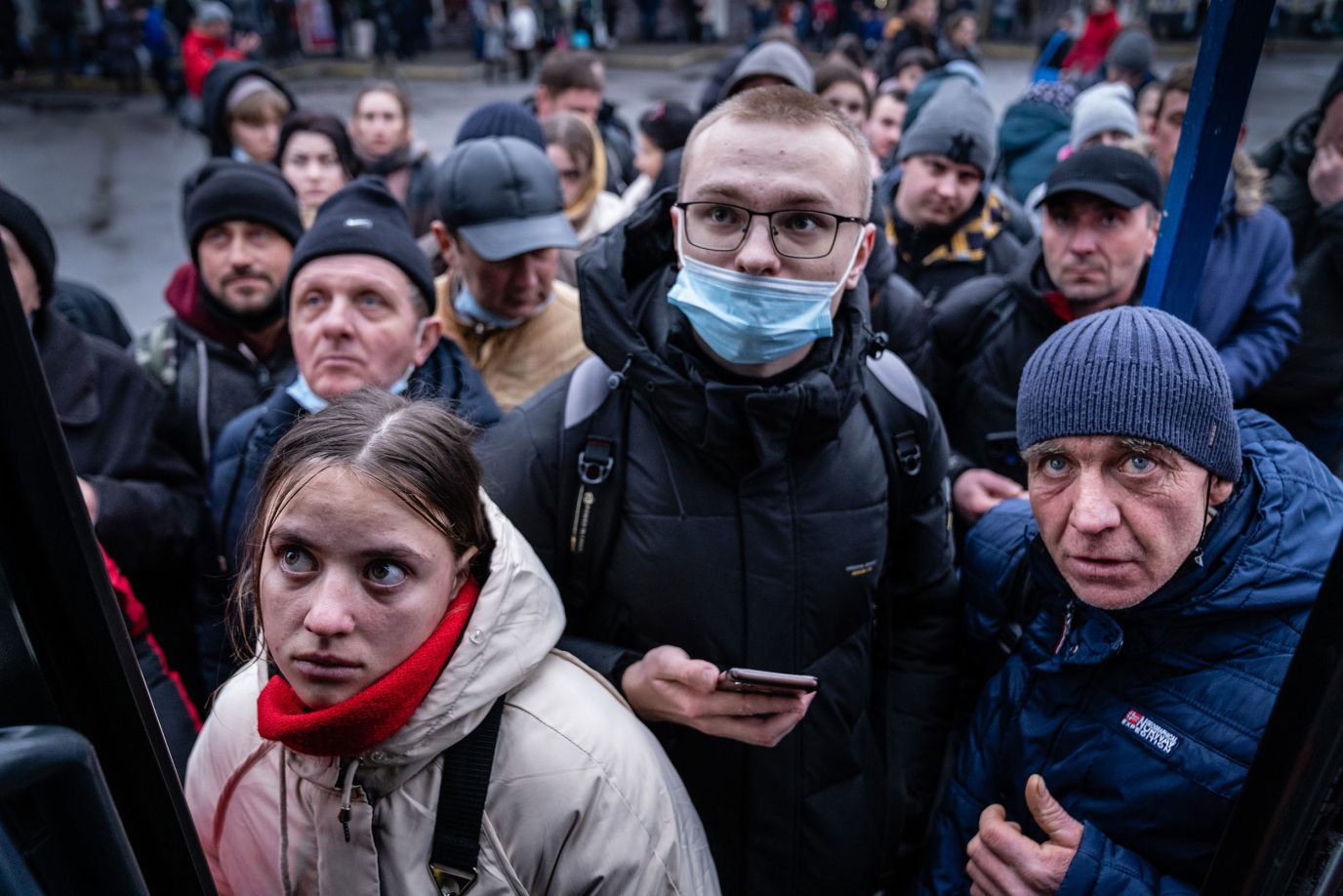
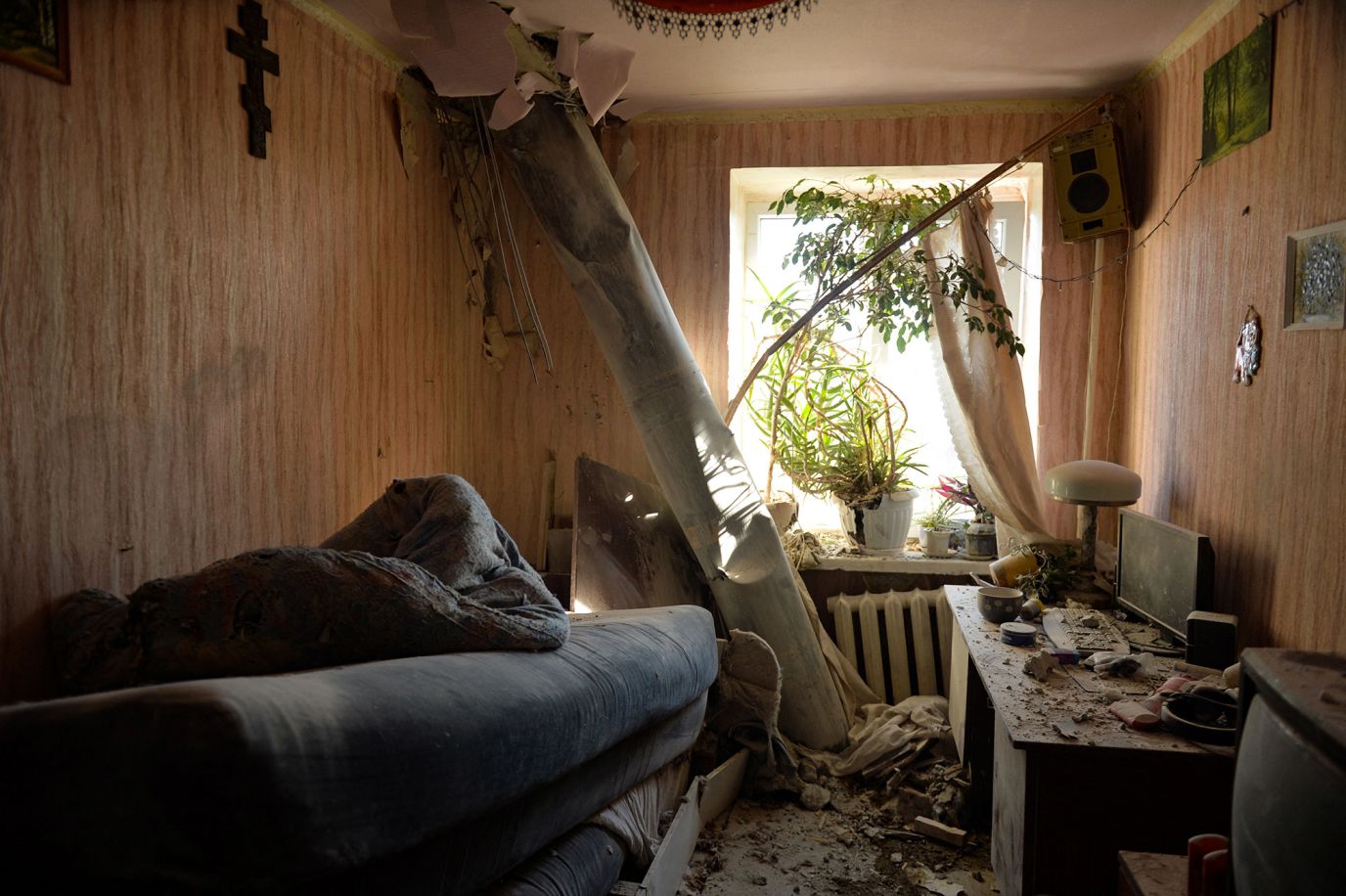
In a video statement, Ukrainian President Volodymr Zelensky said he believed “enemy sabotage groups” had entered Kyiv and that he was their number one target. His family, he said, was the second target.
“They want to destroy Ukraine politically by destroying the head of state,” he said, adding he was staying in the government quarter.
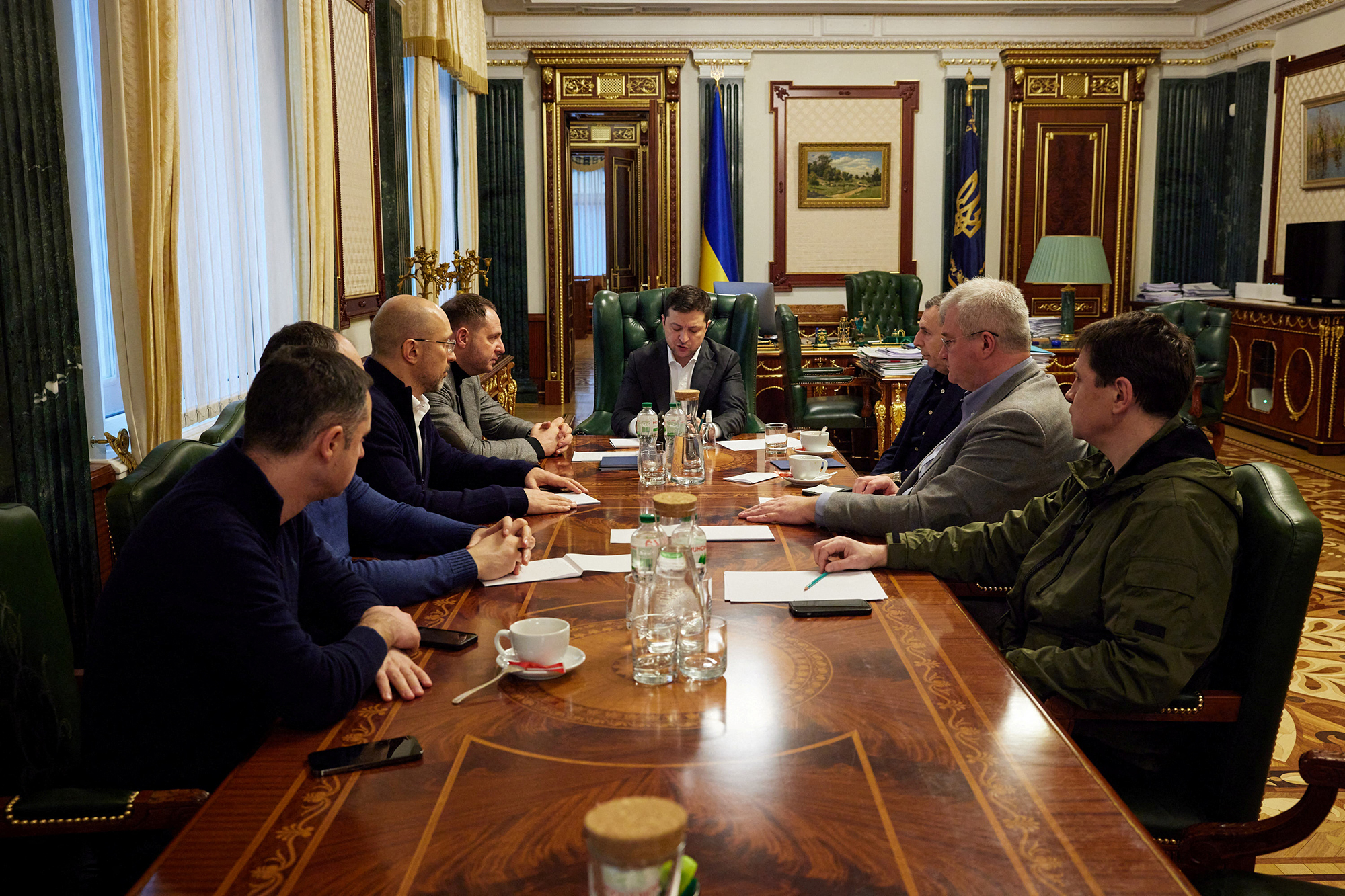
Zelensky and his top team rejected opportunities to evacuate, instead staying to coordinate the response.
Ukraine’s troops launched a defiant defence of their country. In the coming weeks, they would slowly but surely turn the tide of the war, repelling Russia’s forces from the center of the country.
But none of that was known on February 24, a day Ukrainians will remember as one of confusion, fear and resistance.
